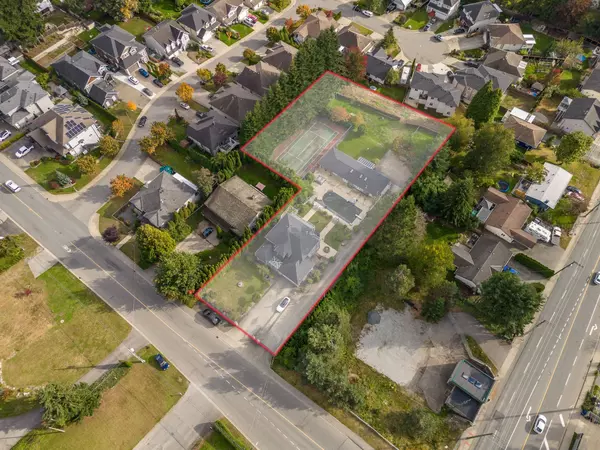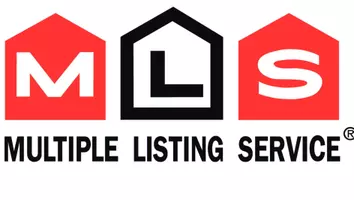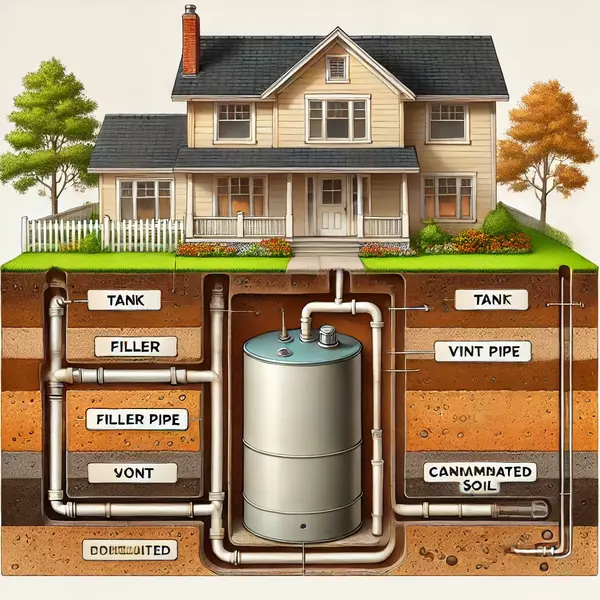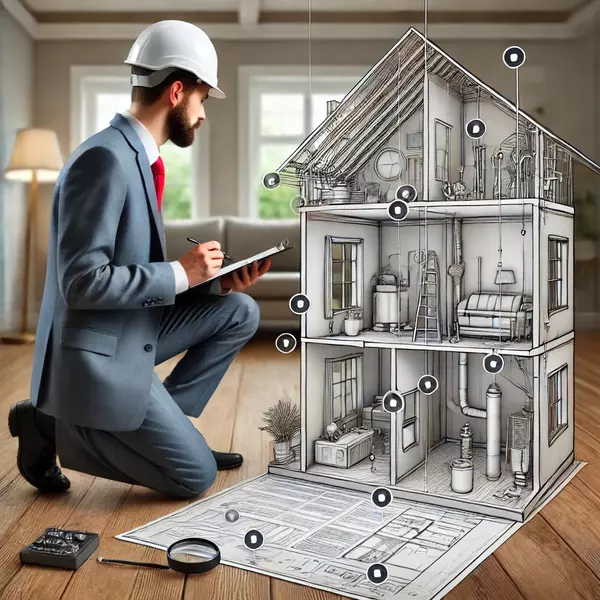Move to Greater Vancouver BC
Seamless Real Estate Services to Greater Vancouver BC
- Any
- $ 100,000
- $ 150,000
- $ 200,000
- $ 400,000
- $ 800,000
- Any
- $ 200,000
- $ 300,000
- $ 400,000
- $ 600,000
- $ 1,000,000
- Any
- 1
- 2
- 3
- 4
- 5
- Any
- 1
- 2
- 3
- 4
- 5
- Any
- 1
- 2
- 3
- 4
- 5
- Any
- 1
- 2
- 3
- 4
- 5
21,916 Featured Properties Available
- Default
- Price-High To Low
- Price-Low To High
- Newest Listings
- Beds (Most)
- Baths (Most)
- Year Built (Newest)
- Square Feet (Biggest)
 4 Beds4 Baths4,043 SqFt1/27 27Active
4 Beds4 Baths4,043 SqFt1/27 27Active$4,388,000
2556 MARR CREEK CT, West Vancouver, BC V7S 0A3
MLS# R2933962
Listed by Royal Pacific Realty Corp.

 3 Beds4 Baths2,137 SqFt1/33 33Price Dropped by $30K
3 Beds4 Baths2,137 SqFt1/33 33Price Dropped by $30K$1,420,000
2560 128 ST, Surrey, BC V4A 3W3
MLS# R2933576
Listed by Sutton Group-West Coast Realty (Surrey/24)

 6 Beds5 Baths3,115 SqFt1/12 12Price Dropped by $650K
6 Beds5 Baths3,115 SqFt1/12 12Price Dropped by $650K 2 Beds2 Baths862 SqFt1/12 12Active
2 Beds2 Baths862 SqFt1/12 12Active$835,000
2665 MOUNTAIN HWY #221, North Vancouver, BC V7J 0A5
MLS# R2933823
Listed by Royal Pacific Lions Gate Realty Ltd.

 2 Beds2 Baths2,018 SqFt1/40 40Active
2 Beds2 Baths2,018 SqFt1/40 40Active 9 Beds9 Baths6,154 SqFt1/28 28Active
9 Beds9 Baths6,154 SqFt1/28 28Active 5 Beds4 Baths3,372 SqFt1/24 24Price Dropped by $50K
5 Beds4 Baths3,372 SqFt1/24 24Price Dropped by $50K$2,049,000
29445 SIMPSON RD, Abbotsford, BC V4X 1H9
MLS# R2933685
Listed by Sutton Group-Alliance R.E.S.

 2 Beds2 Baths900 SqFt3DActive
2 Beds2 Baths900 SqFt3DActive 4 Beds3 Baths1,767 SqFt1/34 34Active
4 Beds3 Baths1,767 SqFt1/34 34Active$1,298,000
2975 ATLANTIC AVE #3207, Coquitlam, BC V3B 0C5
MLS# R2933849
Listed by RE/MAX City Realty

 9 Beds7 Baths7,972 SqFt1/40 40Active
9 Beds7 Baths7,972 SqFt1/40 40Active 2 Beds3 Baths1,271 SqFt1/13 13Active
2 Beds3 Baths1,271 SqFt1/13 13Active$3,300
3010 RIVERBEND DR #XX, Coquitlam, BC V3C 0B8
MLS# R2934552
Listed by Macdonald Realty (Langley)

 5 Beds6 Baths3,093 SqFt1/27 27Active
5 Beds6 Baths3,093 SqFt1/27 27Active$1,399,999
31713 UPLAND CRES, Abbotsford, BC V2T 2G4
MLS# R2933853
Listed by Planet Group Realty Inc.

 2 Beds2 Baths918 SqFt1/14 14Open Sat 12PM-5PM
2 Beds2 Baths918 SqFt1/14 14Open Sat 12PM-5PM$535,900
32174 GEORGE FERGUSON WAY #105, Abbotsford, BC V2T 0L3
MLS# R2933061
Listed by Breakside Real Estate Group

 1 Bed1 Bath570 SqFt1/14 14Open Sat 12PM-1PM
1 Bed1 Bath570 SqFt1/14 14Open Sat 12PM-1PM$429,900
32174 GEORGE FERGUSON WAY #314, Abbotsford, BC V2T 0L3
MLS# R2933064
Listed by Breakside Real Estate Group

 1 Bed1 Bath570 SqFt1/14 14Open Sat 12PM-5PM
1 Bed1 Bath570 SqFt1/14 14Open Sat 12PM-5PM$435,900
32174 GEORGE FERGUSON WAY #405, Abbotsford, BC V3T 0L3
MLS# R2933067
Listed by Breakside Real Estate Group

 2 Beds2 Baths835 SqFt3DActive
2 Beds2 Baths835 SqFt3DActive$729,900
3240 ST JOHNS ST #307, Port Moody, BC V3H 0C1
MLS# R2934005
Listed by Keller Williams Realty VanCentral

 1 Bed1 Bath710 SqFt1/25 25Active
1 Bed1 Bath710 SqFt1/25 25Active 5 Beds4 Baths3,750 SqFt1/21 21Active
5 Beds4 Baths3,750 SqFt1/21 21Active 6 Beds3 Baths2,383 SqFt1/6 6Active
6 Beds3 Baths2,383 SqFt1/6 6Active 3 Beds2 Baths1,971 SqFt1/29 29Active
3 Beds2 Baths1,971 SqFt1/29 29Active$1,199,000
3295 SATURNA CRES, Abbotsford, BC V2T 4R9
MLS# R2932810
Listed by Homelife Advantage Realty (Central Valley) Ltd.

 2 Beds2 Baths885 SqFt1/15 15Active
2 Beds2 Baths885 SqFt1/15 15Active 2 Beds2 Baths801 SqFt1/40 40Active
2 Beds2 Baths801 SqFt1/40 40Active$799,000
3333 BROWN RD #312, Richmond, BC V6X 0P6
MLS# R2934131
Listed by Stilhavn Real Estate Services

 6 Beds2 Baths3,133 SqFt1/30 30Active
6 Beds2 Baths3,133 SqFt1/30 30Active 4 Beds4 Baths3,037 SqFt1/38 38Active
4 Beds4 Baths3,037 SqFt1/38 38Active
Foreclosures
Find All Foreclosures In Greater Vancouver
 $399,0001 Bath2,111 SqFt
$399,0001 Bath2,111 SqFt6960 SUNSHINE COAST HWY, Sechelt, BC V7Z 0N2
MLS# R2911949
Listed by RE/MAX City Realty

 $1,550,0004 Beds2 Baths1,416 SqFt
$1,550,0004 Beds2 Baths1,416 SqFt78 GARIBALDI DR, Whistler, BC V8E 0A7
MLS# R2907967
Listed by Oakwyn Realty Ltd.

 $794,0004 Beds3 Baths2,262 SqFt
$794,0004 Beds3 Baths2,262 SqFt6178 FAIRWAY AVE, Sechelt, BC V7Z 0L6
MLS# R2899990
Listed by Macdonald Commercial Real Estate Services Ltd.

 $1,899,9007 Beds4 Baths2,528 SqFt
$1,899,9007 Beds4 Baths2,528 SqFt5907 BATTISON ST, Vancouver, BC V5R 4M7
MLS# R2898206
Listed by Sutton Group-West Coast Realty

 $2,484,0005 Beds6 Baths3,449 SqFt
$2,484,0005 Beds6 Baths3,449 SqFt3671 LAMOND AVE, Richmond, BC V7E 1C9
MLS# R2891761
Listed by Macdonald Realty (Delta)

 $2,498,0001 Bed1 Bath1,104 SqFt
$2,498,0001 Bed1 Bath1,104 SqFt26521 LOUGHEED HWY, Maple Ridge, BC V2W 1K2
MLS# R2886135
Listed by RE/MAX LIFESTYLES REALTY

- Homes For Sale in Vancouver
- Vancouver Condos and townhomes
- Coquitlam Homes
- Coquitlam Condos and Townhomes
- Port Moody Single Family Homes
- Port Moody Townhomes and Condos
- Pitt Meadows Homes
- Pitt Meadows Condos and Townhomes
- Burnaby Single Family Homes
- Burnaby Condos and Townhomes
- Maple Ridge Homes
- Maple Ridge Townhomes and Condos








Patricelli Realtors
Chieh Yu
Juliana Vallee